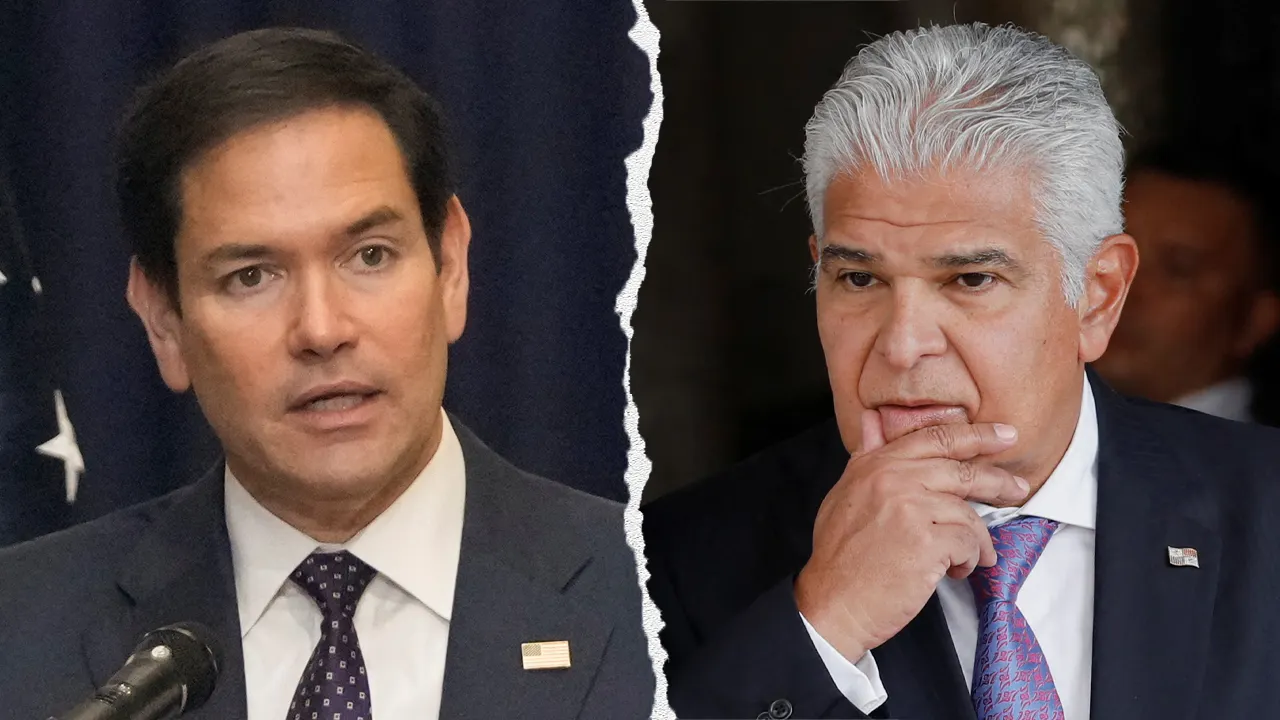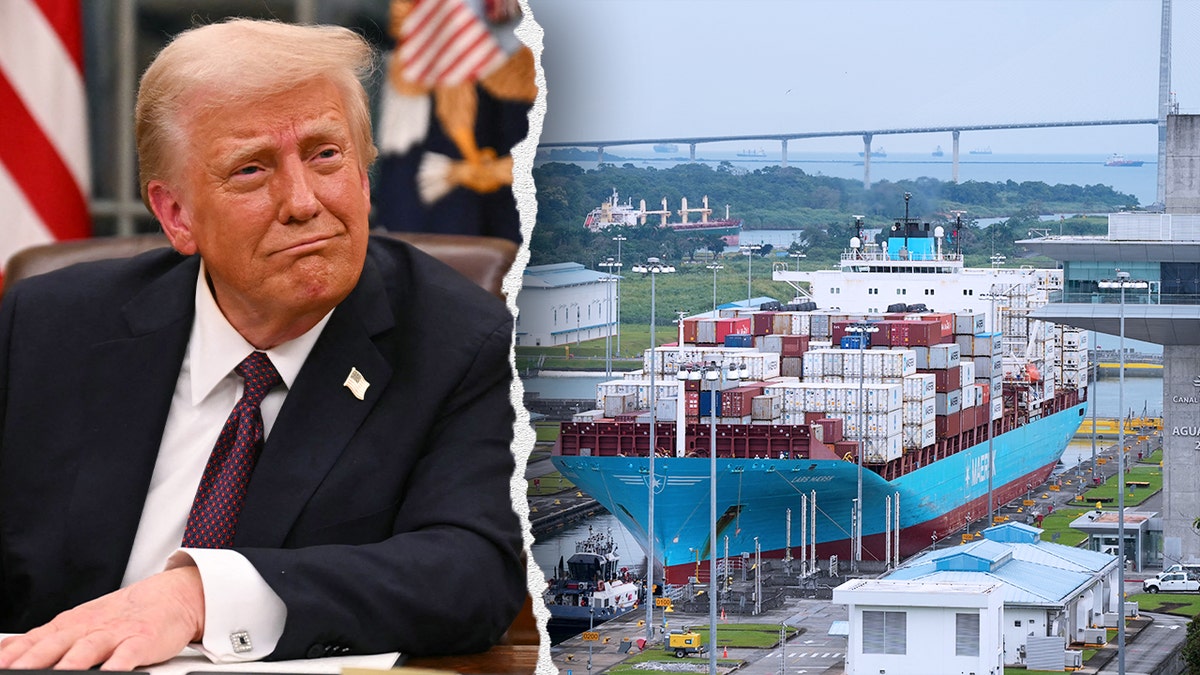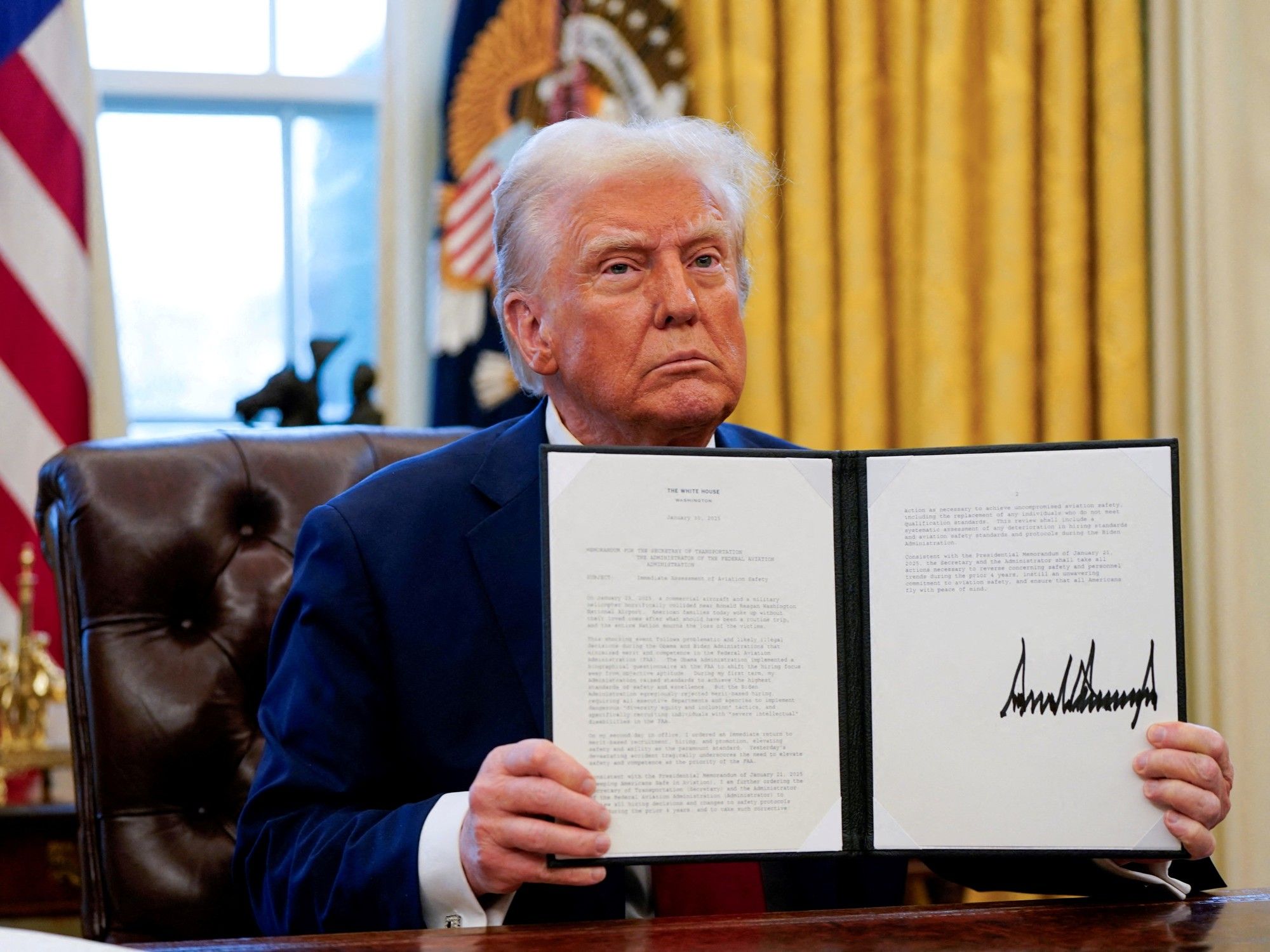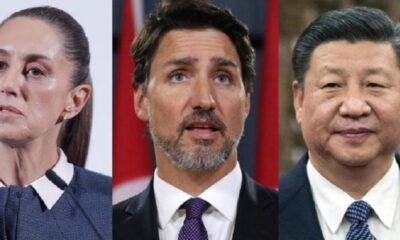INTERNACIONAL
Panama pledges to end key canal deal with China, work with US after Rubio visit

Panama’s president vowed Sunday to end a key development deal with China after meeting with Secretary of State Marco Rubio and after complaints from President Donald Trump that the Latin American country had ceded control over its critical shipping canal to Beijing.
José Raúl Mulino, Panama’s president, said his nation’s sovereignty over the 51-mile waterway, which connects the Pacific Ocean and the Caribbean Sea, will remain unchanged. But he said he would not renew a 2017 memorandum of understanding to join China’s Belt and Road global development initiative and that Panama would instead look to work more closely with the U.S.
«I think this visit opens the door to build new relations … and try to increase as much as possible U.S. investments in Panama,» Mulino told reporters after meeting with Rubio on his first international trip since being confirmed.
Rubio, who was a senator representing Florida before Trump tapped him to be America’s top diplomat, said his team is ready to push the U.S. agenda.
‘TAKING IT BACK’: INTERNAL HOUSE GOP MEMO OUTLINES CASE FOR TRUMP TO Y PANAMA CANAL
«Had the pleasure of meeting the incredible @USEmbPAN team during my first embassy meet and greet in my new role as Secretary of State!» Rubio wrote in a post on X. «Thankful for their dedication and ongoing efforts to promoting President Trump’s vision of an America First foreign policy.»
During his visit, Rubio wrote in a post on X that «the United States cannot, and will not, allow the Chinese Communist Party to continue with its effective and growing control over the Panama Canal area.»
Trump has complained that China exerts control over the canal and charges U.S. ships six-figure premiums to cross Panama’s isthmus. The canal was built over several decades by the U.S. and completed in 1914 but handed over to Panama during the Carter administration.
Trump has made regaining ownership of the Panama Canal a priority in his administration. House Republicans introduced a bill for the United States to repurchase the Panama Canal after Trump raised concerns that the critical waterway is under Chinese control.
The bill, named the Panama Canal Repurchase Act, was introduced by Rep. Dusty Johnson, R-S.D., a member of the Select Committee on China and the House Transportation and Infrastructure Committee.
«President Trump is right to consider repurchasing the Panama Canal,» Johnson said in a statement. «China’s interest in and presence around the canal is a cause for concern. America must project strength abroad – owning and operating the Panama Canal might be an important step towards a stronger America and a more secure globe.»
HOUSE REPUBLICANS INTRODUCE BILL TO REPURCHASE PANAMA CANAL AFTER TRUMP RAISES CONCERNS OF CHINESE CONTROL
Panama announced it won’t renew the Belt and Road Initiative with China after Secretary of State Marco Rubio visited the country. (Reuters)
If it becomes law, the bill would give the president authority to act in coordination with the secretary of state to «initiate and conduct negotiations with appropriate counterparts of the Government of the Republic of Panama to reacquire the Panama Canal.»
CHINA’S INFLUENCE ON PANAMA CANAL POSES ‘ACUTE RISKS TO US NATIONAL SECURITY,’ SEN CRUZ WARNS

President Donald Trump has expressed concern that the Panama Canal is being controlled by China. (Getty Images)
The U.S. Department of State estimates around 72% of all vessels that travel through the Panama Canal are coming from or going to a U.S. port.
Noting the canal’s strategic importance to the United States, Johnson’s office also noted how the waterway is a key transit point for U.S. Coast Guard and Department of Defense vessels.
CLICK HERE TO GET THE FOX NEWS APP
Without access to the canal, ships would be forced to travel 8,000 additional miles around South America.
«More than 10,000 ships use the Panama Canal each year, generating billions of dollars of tolls which would economically benefit America,» Johnson’s office said.
While the canal and China’s role in the region topped the agenda, Rubio had other items to raise.
«We also discussed efforts to end the hemisphere’s mass migration crisis and ensure fair competition for U.S. firms,» Rubio added.
Fox News Digital reached out to the State Department but did not immediately receive a response.
Fox News Digital’s Danielle Wallace contributed to this report.
Stepheny Price is writer for Fox News Digital and Fox Business. Story tips and ideas can be sent to stepheny.price@fox.com
INTERNACIONAL
México, Canadá y China responden con fuertes represalias a los aranceles de Donald Trump
-
POLITICA2 días ago
Marcha Federal Antifascista: el Gobierno desacredita la movilización y tilda de “política” la convocatoria
-
POLITICA2 días ago
El Gobierno cruzó a Axel Kicillof por la inseguridad en la Provincia: “Este es el garantismo kirchnerista”
-
POLITICA16 horas ago
Denuncia judicial contra Axel Kicillof por la crisis de inseguridad en la provincia de Buenos Aires
-
SOCIEDAD11 horas ago
Conurbano salvaje. Hallaron muertos debajo de un puente a dos adolescentes que habían desaparecido el jueves
-
POLITICA1 día ago
Un presidente a contramano que esta vez prefirió pisar el freno
-
POLITICA1 día ago
La difícil pregunta sobre Auschwitz que sigue sin respuesta

































